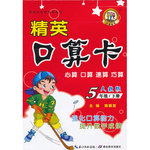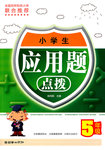题目内容
The word “ungelivable”, based on Chinese, which has become a big hit online very quickly, ___________ a message that Chinese can also serve as an addition to English vocabulary.
A. acknowledges B. assesses
C. declares D. conveys
练习册系列答案
 精英口算卡系列答案
精英口算卡系列答案 应用题点拨系列答案
应用题点拨系列答案
相关题目


 pany is advised to seize the new digital opportunities.
pany is advised to seize the new digital opportunities.